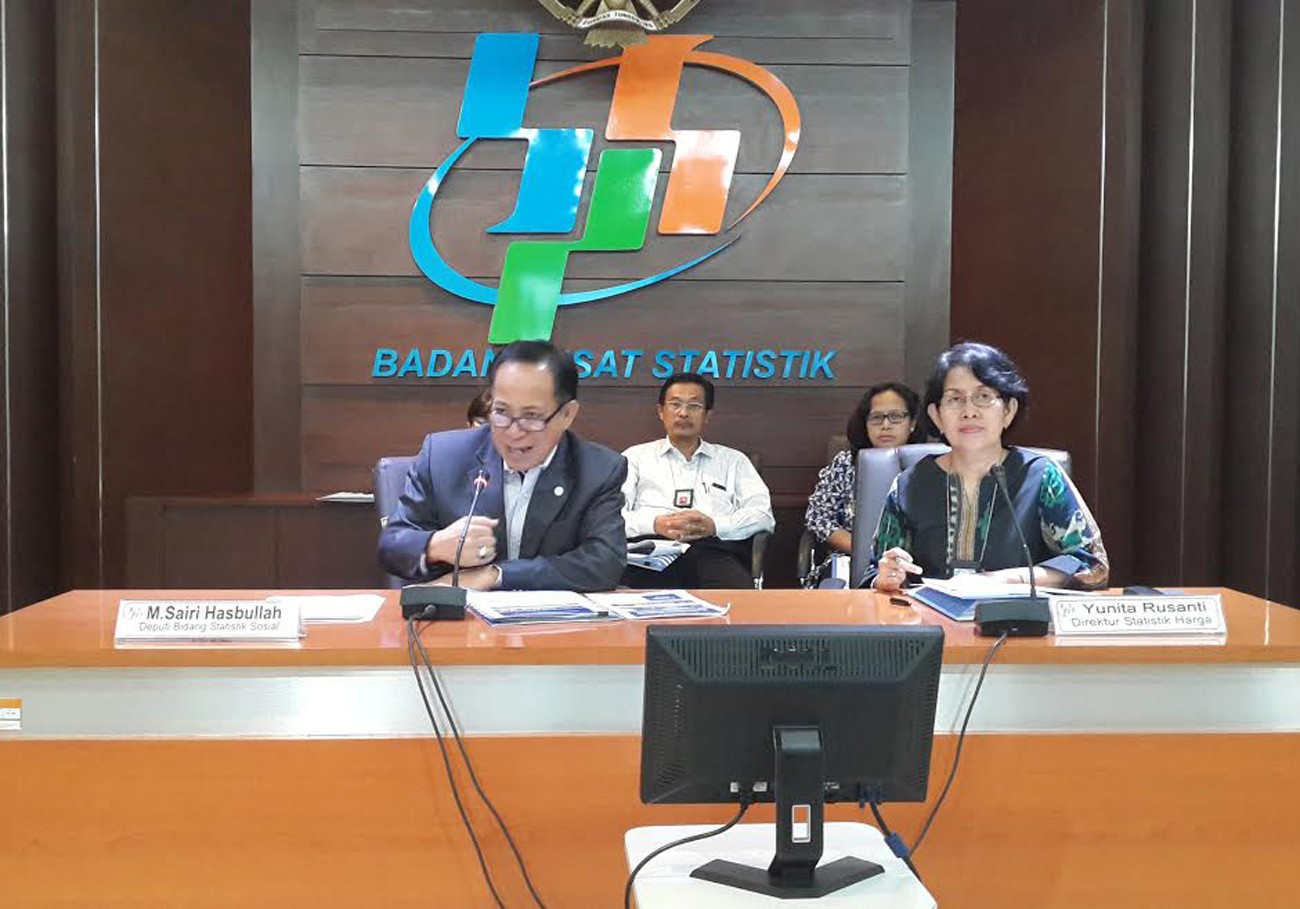Popular Reads
Top Results
Can't find what you're looking for?
View all search resultsPopular Reads
Top Results
Can't find what you're looking for?
View all search resultsIndonesia's trade surplus up by 23.6 percent in May
Change text size
Gift Premium Articles
to Anyone
I
ndonesia’s trade surplus in May was up by 23.6 percent to $470 million from $380 million in the same month last year, the Central Statistics Agency (BPS) announced on Thursday.
The surplus was pushed by a 7.62 percent rise in exports to $14.29 billion in May from $11.52 billion in April. Meanwhile, imports also increased, but only to $13.82 billion, or 16.49 percent from $12 billion in April.
“[Indonesia’s] export performance in May was very good, thanks to increases in both oil-and-gas and non-oil-and-gas commodities,” BPS social statistic director M Sairi Hasbullah told reporters, adding that imports were also up due to public preparation for Idul Fitri.
Read also: Indonesia's trade surplus reaches five-year highOil and gas exports were up by 22.36 percent month-on-month (mom) to $1.27 billion, while non-oil-and-gas exports were up by 6.37 percent to $13.02 billion.
Non-oil-and-gas exports that increased significantly on a monthly basis were machineries, followed by iron and steel, and knit work. Exports that significantly decline, meanwhile, included sea vessels, jewelry and mineral ore.
Exports for the first five months of this year were up by 19.93 percent yoy to $68.26 billion, while imports grew by 15.71 percent to $62.37 billion.
The country’s top three import origins remained China, followed by Japan and Thailand.
“More than a quarter of our import came from China and more than 10 percent from Japan, that meant we depended a lot on these two countries for raw materials. If something happened to them, we would need to be careful,” Sairi said. (bbn)










